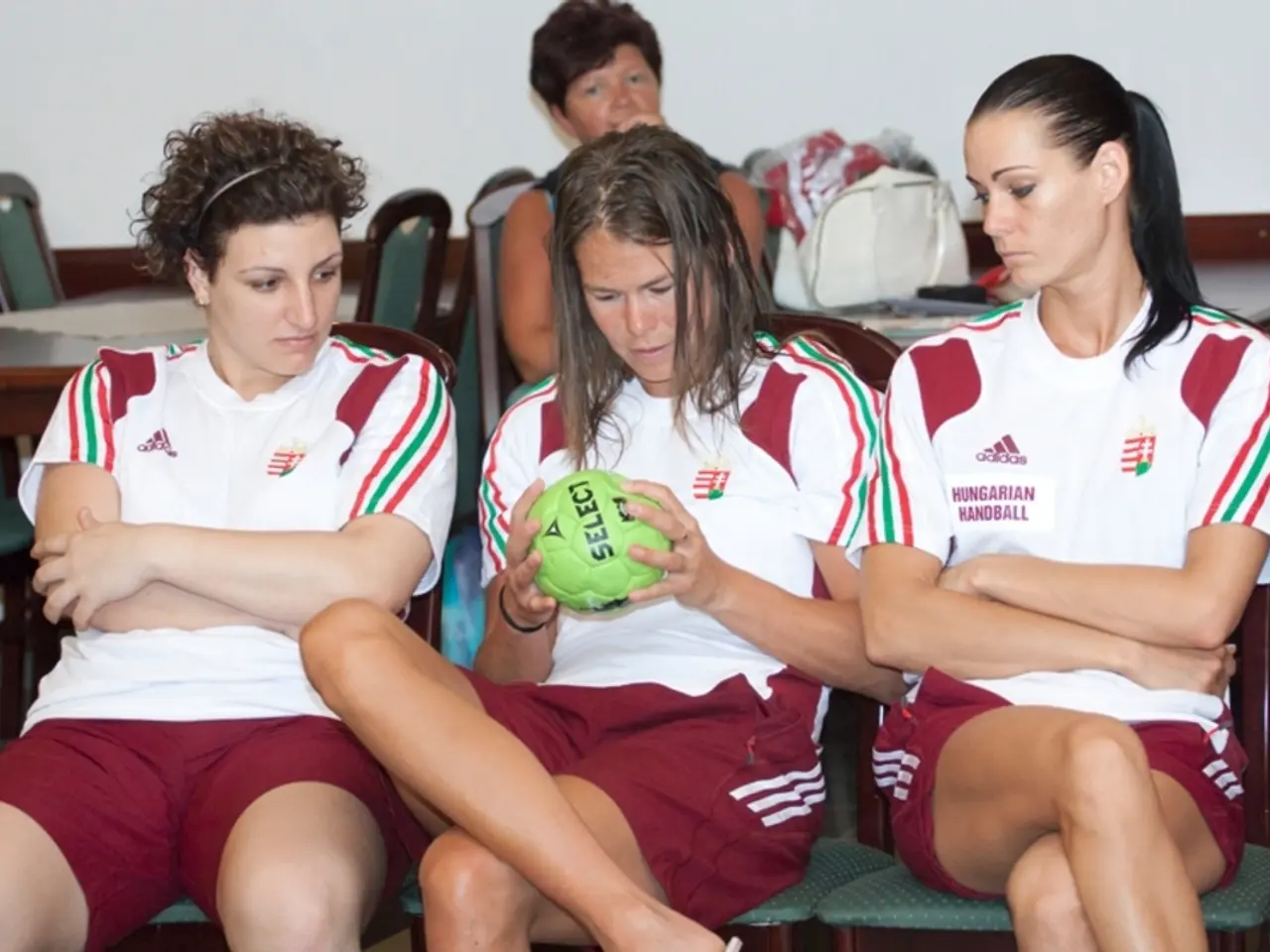Nigeria's legal battle with Binance escalates as the country files a billion-dollar lawsuit against the cryptocurrency platform
In a significant turn of events, Nigeria filed a $81.5 billion lawsuit against Binance in February 2025, alleging that the cryptocurrency exchange's operations have contributed to the severe devaluation of the Nigerian currency, the naira, and have resulted in unpaid taxes amounting to about $2 billion [1][3].
The lawsuit, which accuses Binance of economic damages, marks a turbulent period in the relationship between the exchange and the Nigerian government. The authorities have shown a firm stance against cryptocurrency platforms perceived to be undermining financial stability, with the detainment of Binance executives being a reflection of this crackdown [4].
Binance, however, has maintained public silence regarding the lawsuit as legal proceedings continue [5]. The Nigerian government, on the other hand, has dismissed the bribery allegations made by Binance executive Tigran Gambaryan as "outrageous" and "defamatory" [6].
Despite the ongoing legal and political tensions, Nigeria remains cautiously open to blockchain and cryptocurrency technology. The aim is to regulate rather than outright ban crypto businesses within the country [1][3].
Meanwhile, Tether, a leading stablecoin issuer, has signed a memorandum of understanding (MOU) with the Republic of Guinea to support the country's digital transformation. This includes blockchain education initiatives and exploring peer-to-peer finance solutions, aiming to implement efficient blockchain solutions in Guinea, benefiting both public and private sectors [7].
Elsewhere on the continent, Ghana once promised to become the first blockchain-powered government, but little has materialized since the announcement. Crypto decentralized finance is expected to hit R52.3 million in South Africa, while over half of African deals by DCG, an American Web3 VC, were made in 2024 alone [8].
African blockchain talent firm Web3Bridge opened the waitlist for its 13th cohort, and VISA opened applications for Cohort 4 of its Africa Fintech Accelerator Program, demonstrating a continued interest in the African blockchain and fintech space [9].
However, Morocco is planning to crack down on cryptocurrency users acquiring real estate abroad, and Mauritius launched a nationwide blockchain-based eVerify service in 2023 to enhance the verification of government-issued certificates, indicating a mixed approach to blockchain adoption across Africa [10].
This case exemplifies the complex and evolving regulatory environment in Nigeria, balancing between recognizing the economic potential of blockchain while confronting alleged financial misconduct and instability linked to crypto platforms.
References:
[1] Nigerian SEC to Regulate Cryptocurrency Transactions (2023) [2] Binance Executive Claims $150 Million Bribe Demand (2025) [3] Nigeria Sues Binance for $81.5 Billion (2025) [4] Binance Executive Detained in Nigeria (2025) [5] Binance Remains Silent on $81.5 Billion Lawsuit (2025) [6] Nigerian Lawmaker Sues Binance Executive for Defamation (2025) [7] Tether to Support Guinea's Digital Transformation (2025) [8] Crypto Decentralized Finance in South Africa (2024) [9] VISA Africa Fintech Accelerator Program (2025) [10] Morocco to Crack Down on Cryptocurrency Real Estate Purchases (2025) [11] Mauritius Launches Blockchain-based eVerify Service (2023)
- Although Binance faces a significant lawsuit from the Nigerian government over alleged economic damages, the Nigerian authorities still maintain a cautious openness to blockchain and cryptocurrency technology, aiming to regulate rather than ban crypto businesses.
- In a contrasting move, Tether, a leading stablecoin issuer, has signed an agreement with the Republic of Guinea to support its digital transformation, including blockchain education initiatives and exploring peer-to-peer finance solutions.
- Elsewhere across Africa, Ghana's initial promise to become the first blockchain-powered government has yet to bear fruit, while crypto decentralized finance is expected to reach R52.3 million in South Africa.
- African blockchain talent firm Web3Bridge has opened the waitlist for its 13th cohort, concurrently, VISA has opened applications for Cohort 4 of its Africa Fintech Accelerator Program, signifying continued interest in the African blockchain and fintech space.
- The regulatory environment in Africa is complex and evolving, with countries like Morocco planning to crack down on cryptocurrency users acquiring real estate abroad, while others, such as Mauritius, have launched a nationwide blockchain-based eVerify service to enhance government-issued certificate verification.
- The ongoing legal and political tensions between Binance and the Nigerian government over a claimed lawsuit of $81.5 billion, which alleges severe devaluation of the naira and unpaid taxes of about $2 billion, exemplify the balancing act between recognizing the economic potential of blockchain and confronting alleged financial misconduct and instability linked to crypto platforms.







